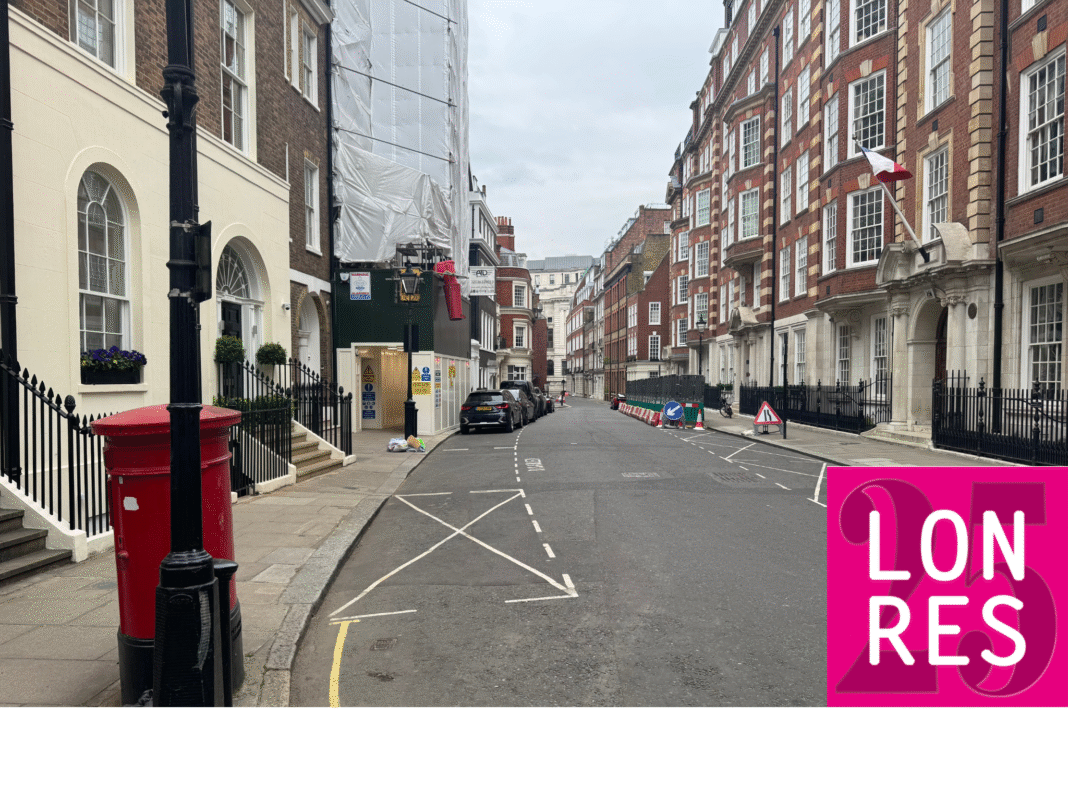Nearly half (44%) of England’s private rented homes could be left under-invested or sold off if rent controls proposed under the Renters’ Rights Bill become law, a new survey of landlords by buy-to-let lender Landbay has revealed.
The warning follows a detailed poll in which more than a third of landlords (37%) said they would stop investing in their existing rental properties if the government introduces rent caps.
A further 16% said they would exit the sector entirely, while 12% admitted they would consider circumventing the rules to keep rents aligned with market levels.
With England’s private rented sector comprising around 4.7 million homes, the figures point to an estimated 1.75 million properties at risk of neglect and a further 750,000 potentially being sold or repurposed. Together, that would affect nearly half the country’s rental housing stock.
RENTERS’ RIGHTS BILL
The Renters’ Rights Bill, introduced to Parliament last year, represents one of the most sweeping overhauls of the sector in decades.
Among its provisions are stricter controls on rent increases, including a requirement for landlords to provide a two-month lead time and the ability for tenants to challenge rent hikes through tribunals.
The government has not confirmed whether rent controls will form part of the final legislation but with mounting pressure to address affordability the debate is far from over.

Rob Stanton, sales and distribution director at Landbay, says: “It’s vital we enter this legislation with our eyes wide open.
“Rent controls always come with unintended consequences, as seen in cities like Berlin, New York and San Francisco.
“When rents are artificially capped, landlords pull back. They stop upgrading properties, reduce maintenance, or leave the sector altogether.”
And he adds: “This isn’t about resisting reform – it’s about avoiding a policy misstep that could shrink the rental market, erode housing quality and hurt the very tenants it aims to protect.”
SERIOUS SIDE EFFECTS
International case studies cited by Landbay point to serious side effects. Berlin’s 2020 rent freeze led to a collapse in listings, widespread conversions of rental flats to owner-occupation and a long-term decline in new development.
San Francisco’s rent control policy reduced rental supply by an estimated 15%, while inadvertently increasing inequality among renters.
In New York, rent caps have fostered illegal subletting and so-called “key money” arrangements as tenants and landlords navigate a heavily restricted market.
SCREAMING CAUTION
Stanton warns that England risks replicating these failures and says: “The data from global markets screams caution.
“Capping rents distorts market signals, encourages non-compliance, and ultimately punishes renters with fewer choices and deteriorating conditions.
“Landlords are not the enemy here – they’re reacting to policies that squeeze them out. Ignore the warning signs, and it’s tenants who will suffer.”









